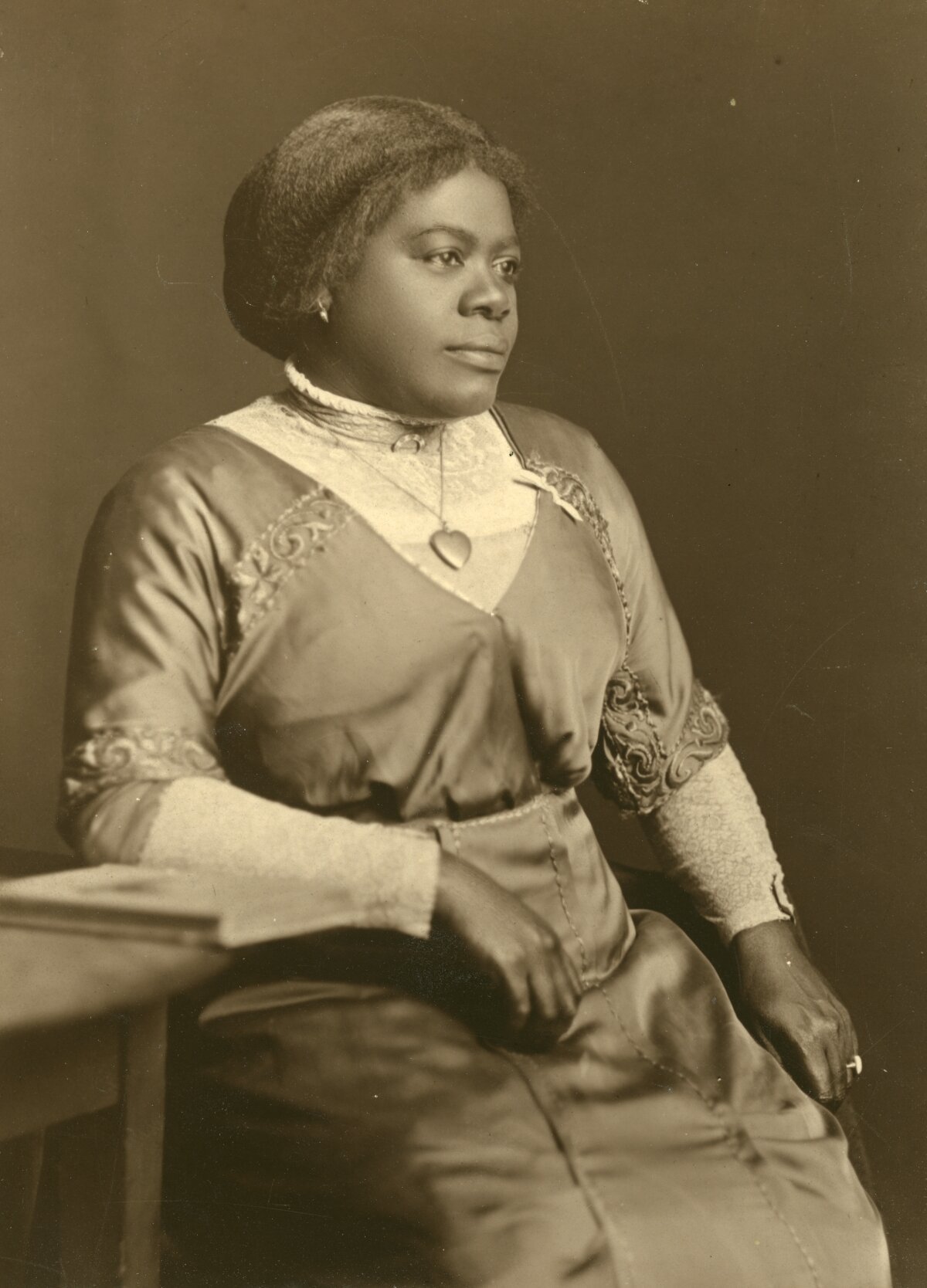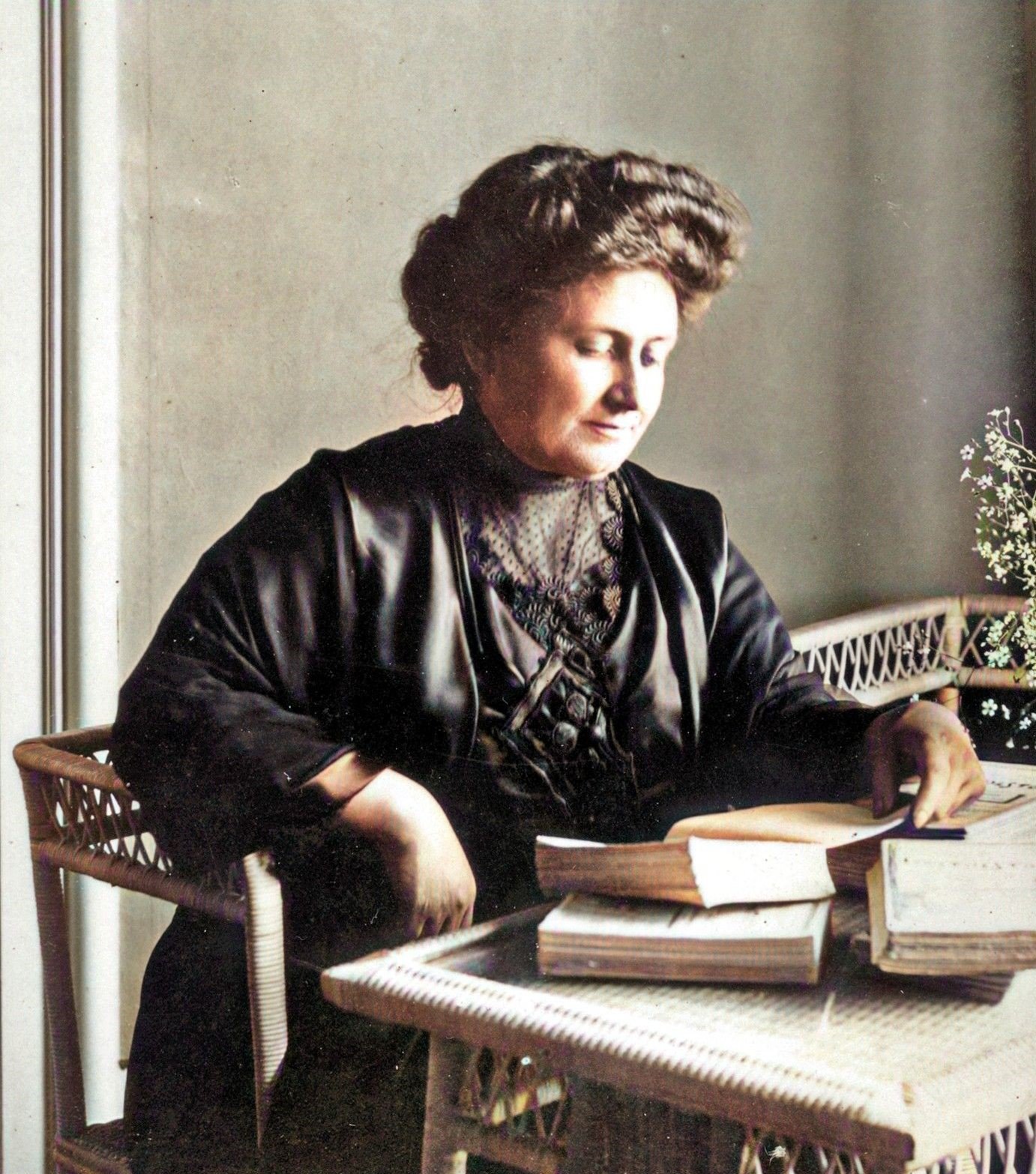Celebrating Women in Education: 7 Inspiring Women Who Were Game Changers
International Women's Day is a day to commemorate the social, economic, cultural, and political achievements of women. It is also a day to raise awareness of the ongoing struggle for gender equality. In the field of education, women have played a vital role in advancing access and improving the quality of education, as well as promoting equal opportunities for all. In this blog post, we will honor 7 inspiring women who have made a significant impact on education.
Malala Yousafzai
Malala Yousafzai is a Pakistani activist and advocate for girls' education. She gained international recognition after surviving an assassination attempt by the Taliban for her outspoken views on education. Yousafzai's advocacy work has inspired millions of people around the world, and she has become a leading voice for education and women's rights. In 2014, she became the youngest recipient of the Nobel Peace Prize, and her work continues to inspire and empower young people everywhere.
Image: UN Photo/Mark Garten
2. Mary McLeod Bethune
Mary McLeod Bethune was an African American educator and civil rights leader. She founded the National Council of Negro Women and worked closely with President Franklin D. Roosevelt to promote civil rights and women's education. Bethune believed that education was essential for social and economic progress and dedicated her life to improving access to education for African Americans and women. She founded Bethune-Cookman University in Daytona Beach, Florida, which continues to serve as a lighthouse of hope and opportunity for students today.
Image: State Archives of Florida
3. Maria Montessori
Maria Montessori was an Italian physician and educator who developed the Montessori method of education. Montessori believed that children learn best when they are free to explore and discover on their own, and her method emphasizes hands-on learning and self-directed activity. Her work has had a lasting impact on education and has influenced the development of early childhood education programs around the world.
Image: Wikimedia Commons
4. Jane Addams
Jane Addams was an American social worker and activist who founded Hull House, a settlement house in Chicago that provided social and educational services to the poor. Addams believed that education was essential for empowering individuals and communities and worked to improve access to education and vocational training for immigrants and
low-income families. She was also a leader
in the peace movement and won the Nobel Peace Prize in 1931.
Image: Wikimedia Commons
5. Ellen Swallow Richards
Ellen Swallow Richards was an American chemist and educator who was the first woman to earn a degree from the Massachusetts Institute of Technology (MIT). Richards went on to become a pioneer in the field of environmental engineering and was an advocate for women's education and career opportunities. Richards believed that science education was essential for improving public health and environmental care.
Image: Credit: Wikimedia Commons
6. Dorothy Height
Dorothy Height was an American civil rights and women's rights activist. She was a leader in the National Council of Negro Women and worked closely with Martin Luther King Jr. and other civil rights leaders. Height was also an advocate for women's education and equal opportunities in the workforce. Height believed that education was key to advancing civil rights and social justice.
Image: NARA & DVIDS Public Domain Archive
7. Temple Grandin
Temple Grandin is an American professor of animal science and autism advocate. She was diagnosed with autism at a young age and went on to become a leading authority on animal behavior and welfare. Grandin's work has helped to improve the treatment of animals in agriculture and has also raised awareness about autism and the importance of neurodiversity. Grandin has also been a vocal advocate for education that recognizes and supports the unique needs of students with autism and other developmental differences.
Image: Wikimedia Commons
These 7 women are just a few of the many inspiring women who have made significant contributions to education and society as a whole. Their work has helped to improve access to education, promote equal opportunities, and empower individuals and communities around the world. As we commemorate International Women's Day, let us honor and recognize the important role that women have played and continue to play in shaping the future of education and the world.
Sources/Bibliography:
Yousafzai, Malala. "I Am Malala: The Girl Who Stood Up for Education and Was Shot by the Taliban." Little, Brown, and Company, 2013.
"Mary McLeod Bethune." National Women's History Museum, https://www.womenshistory.org/education-resources/biographies/mary-mcleod-bethune.
Montessori, Maria. "The Montessori Method." Frederick A. Stokes Company, 1912.
Addams, Jane. "Twenty Years at Hull-House: With Autobiographical Notes." The Macmillan Company, 1910.
Richards, Ellen Swallow. "The Cost of Cleanness." The Whitcomb and Barrows Company, 1908.
Height, Dorothy. "Open Wide the Freedom Gates: A Memoir." PublicAffairs, 2003.
Grandin, Temple. "Thinking in Pictures: My Life with Autism." Vintage Books, 1995.







